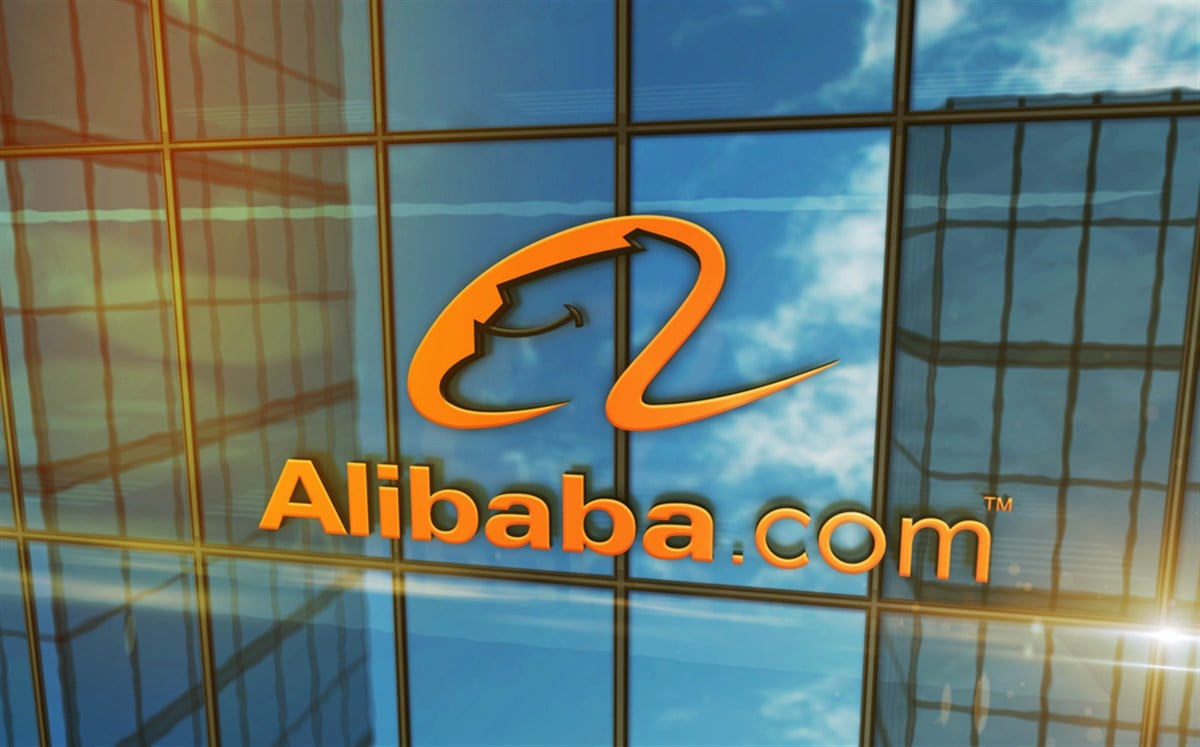
Shares of Alibaba Group (NYSE: BABA) fell by as much as 5% in the pre-market session of May 14th; the reaction came after a wild first quarter 2024 earnings result, which is arguably the most critical report of the year as it sets the tone for what may come in the following months. Without digging deeper into the company’s financials, any retail investor would be wrongly scared away.
After a massive decline in net income, the stock should have made new all-time lows, yet it remains within the tight range it has traded under for the past three years. This means some are out there providing enough buying pressure to keep the stock from plummeting. Today, investors will get an insight into why Wall Street isn’t telling the world the whole story.
Behind Alibaba’s negative earnings release lies a simple – yet powerful - fundamental fact that will have the opposite effect in the following quarters, particularly as the Chinese economy shows signs of a potential comeback shortly. Taken as a proxy, the iShares MSCI China ETF (NASDAQ: MCHI) outperformed the S&P 500 by more than 20% in the past quarter; investors could assume that momentum – and sentiment – has improved for Chinese stocks.
Turning One of The World’s Biggest Ships
China is the second-largest economy in the world and plays a crucial role in global markets. Specifically, Alibaba is one of the largest business-to-business (B2B) players in the technology sector, capturing nearly twice the global e-commerce market share that Amazon.com Inc. (NASDAQ: AMZN) did.
The Chinese government, noticing its stock market value decline to near decade-lows, decided to react and push future prospects back up. Among the many stimulus measures applied to the economy, the latest round came through a $138 billion bond sale.
Considering that there is enough demand for Chinese bonds for the government to consider selling them, investors can see the growing interest from international investors in entering China. However, don’t follow this thread until all the facts are in.
One of these facts is the green light from Ray Dalio, who—since the third quarter of 2023—has been buying into the China ETF. Michael Burry (yes, the guy who called the 2008 financial crisis) reports his largest positions in both Alibaba and JD.com Inc. (NASDAQ: JD), betting that China’s comeback will be led by consumer discretionary stocks first.
After posting mostly negative inflation data, China has achieved three consecutive months (a whole quarter) of positive inflation, which signals the potential return of consumer demand. More than that, the Caixin Composite PMI, a reading on overall business activity, has expanded since November 2023, increasing the odds of corporate profits ahead.
However, not all profits are made equal. Here’s why Alibaba’s net income decline is a trick to keep Main Street outside this valued gem.
An 86% Drop, But Not Really
That’s right, net income plummeted by 86% over the year, which should have been enough to send the stock in the opposite direction of GameStop Corp. (NYSE: GME), which rose in the opposite direction on what could be the revival of meme stocks.
However, following the potential Chinese economic recovery, Alibaba shows all the right signs. According to Alibaba’s press release, revenue increased by 4% in the company’s largest segment (Taobao & Tmall Group).
The most exciting business found in Alibaba’s cloud computing segment, which competes against Amazon’s AWS, also posted 3% revenue growth.
All others posted double-digit growth in the digital commerce and logistics networks business. As these mainly serve the Greater China region, results show investors that the Chinese economy could be on the right track to stage a comeback this year.
Here’s where investors can justify Citigroup’s $124 price target for Alibaba, calling for a 55% upside from where the stock fell recently. According to management and the company’s financials, the significant contraction in net income came from a net loss of roughly $1.4 billion in equity investments.
Remember that the government had to act due to the dangerously low stock market? Alibaba was on that boat as well. However, these results do not reflect the company’s true earning power, which can be appreciated through the posted $3.2 billion in operating cash flow.
Alibaba’s cash flow has expanded since the COVID-19 pandemic, making this behemoth a total cash cow today. The company’s current $205 billion market cap comprises $34.4 billion in cash. What do companies do when they have more money than they know what to do with?
They pay dividends, as Alibaba announced a $1 a share dividend for the year. While that isn’t much of a reward, investors are getting the bulk of appreciation through a $25 billion share repurchase program, which took over a million shares in the past quarter alone.
Conversely, if the Chinese stock market recovers along with the economy, Alibaba’s equity investments could significantly boost reported net income. Still, investors could – and should – while this comes along, lean on Alibaba’s cash flow to gauge where the company is headed.














